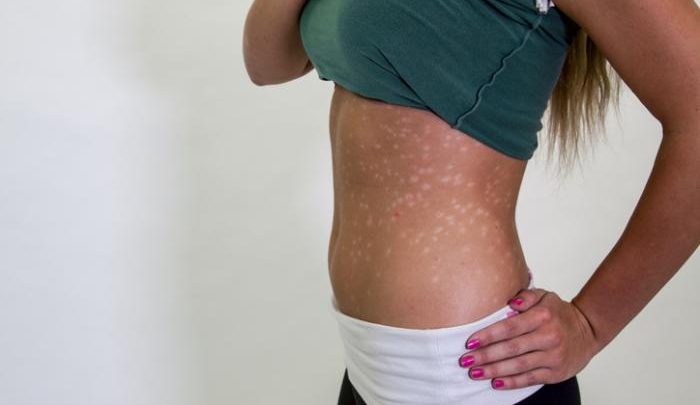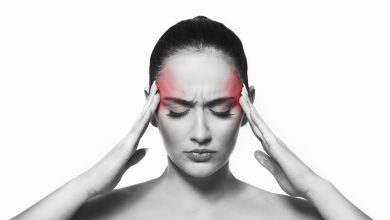Health
What You Need To Know About Psoriasis
Read this guide to learn about this psoriasis and its causes

Risk Factors
Every illness has risk factors. Risk factors are the likelihood of a person developing a condition. Some of the risk factors are controllable while others are not. Some of the risk factors associated with psoriasis are:
- Stress
- Genetics
- Infections
- Colds
Symptoms
As mentioned above, psoriasis is bumpy skin that is covered in red patches that are covered in white scales. This is the most prominent symptom of psoriasis. There are other symptoms of the disease. Not everyone experiences the same symptoms. Some of these symptoms include:
- Hair loss
- Exhaustion
- Ligament Pain
- Peeling skin that is painful
- Dry skin
- Joint pain/tighness
- Pain in the affected area
- Irritation in the affected area
- Decreased appetite
- Depression because of loss of patience
- Fingernail dents
- Limited to no nail growth
Diagnosis
In most cases, a doctor will be able to diagnose psoriasis just by looking at a patients skin. However, in many cases psoriasis can resemble other skin conditions like eczema. In these cases, a biopsy will be taken from the affected area to determine the diagnosis.
Treatment
As mentioned there is no cure for psoriasis, but there are treatments that can help clear up the rashes. The medical treatments that are available concentrate on clearing up the rashes and to keep the production of skin cells low.
Some of the medical treatments are:
- Steroids based creams –
- Salicylic Acid
- Coal-tar Ointments and shampoos
- Presription Retinoids
- Calcitriol and Calcipotrien ointment
Phototherapy
- Ultraviolet B light
- Narrow-band UVB therapy
- Puva
Oral Medications and Injections
When other treatments don’t work, physicians resort to oral medications and injections. The three common ones are:
- Oral retinoids
- Methotrexate
- Biologics (i.e. brodalumab, apremilast, etanercept)
Life Style Changes
- Exercise
- Lose weight
- Eat regular healthy meals
- Consume food high in Omega-3
- Go gluten free
- Avoid food that has added chemicals and colors
- Consume food high in vitamin C and A
Final Thought
Psoriasis is not a life threatening condition, but it is life changing. If you think that you suffer from psoriasis then visit you doctor immediately for diagnosis. The sooner you seek treatment, the sooner you will feel relief.




